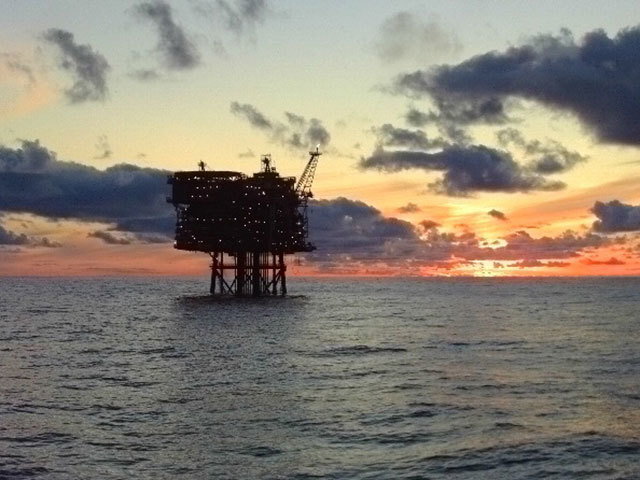
The ditching of two Super Puma helicopters in the North Sea in 2012 was the start of what its makers now call the ‘shaft crisis’, writes Erikka Askeland
When Andrew Dettl accepted the mission to come to Aberdeen three years ago, there had only been one, non-fatal, ditching of an EC225 “Super Puma” that year.
But a few months later there was a second, similar event which grounded the operators of all the Airbus-made helicopters in the North Sea pending investigation.
Mr Dettl had initially been sent from helicopter headquarters in Marignane to improve the “availability” of the EC225 by revamping its Aberdeen-based parts and services operation. Deemed able to manage in a “complex environment”, Mr Dettl had his work cut out for him.
“When I was asked to come here we had only one ditching and all the aircraft were flying,” he recalls. “Unfortunately once I did get the job, we had the second ditching then the wheels fells off – and these guys weren’t at all interested in the availability of aircraft that was grounded.”
Once dubbed the “workhorses” of the North Sea, the helicopter make has lost North Sea market share among the three main operators – Bond, CHC and Bristow – falling from 70% of the market now to around 50% since the groundings.
Mr Dettl, an Australian national, acknowledges that blame for those two incidents rested with Airbus. The “shaft crisis” has since seen the entire fleet adapted to avoid the corrosion problem that led to the ditchings. “The two ditchings were absolutely our fault. That problem was ours, we solved it.”
But the EC225 has actually never been involved in a fatal North Sea accident.
It was a different make of Super Puma – the L2 – which was later involved in the fatal crash off Sumburgh which killed four people in August 2013. The same model – an older aircraft that doesn’t have an automatic flight control system – was also involved in a horrendous crash which killed 18 people in 2009. “My first year here was absolute firefighting,” he says.
“After the Sumburgh accident I was sitting in this room on this telephone at 2am talking to the guys in France. I had really thought that was the end of us here.”
But the incidents and the subsequent inquiries led Mr Dettl to work more closely with the operators, as well as the wider industry – a role that the firm had not taken before.
“When I first got here and went to the first Step Change event, we didn’t know any of the oil and gas guys, the managers, or the CEOs. We know them all now. I think we are in a better position now than we were.”
Having weathered tough years – which also included a fatal accident inquiry into the 2009 crash – Mr Dettl points to improved facilities at the company’s hanger in Dyce which has seen availability of its aircraft rise from 50% to 90%. The firm has also been working with the operators on training – having discovered that many North Sea pilots weren’t using the EC225’s safety auto-pilot system because they were being trained on the older L2s.
But he admits the company is unlikely to win back ground lost to rival aircraft makers – US-based Sikorsky or AgustaWestland – at least not immediately.
“Some of the companies that only had 225s were devastated. So they had to find alternatives like S-92s.”
But the manufacturer has since released the EC175 – a smaller, faster helicopter which will get its North Sea debut soon.The new chopper only takes 16 people but it can make it to 95% of North Sea installations, he says.
“In the longer term we will bring the 175 in – it will be a good mix. From us being here, we’ve got a great footprint. we will build back up with the 175.”
Recommended for you

